5 reasons you should go to IdeaFest
Guest post by Sara Lax
If you think research is boring, full of old statistics, built in the ivory tower or only for people with PhDs, you probably have not been to an Ideafest event yet.
Ideafest is the University of Victoria’s annual, week-long out-of-the-box festival of research, scholarly and creative work that attracts close to 5000 audience members each year.
This year, departments and centres across campus will be opening up their classroom doors and sharing their discoveries with you, including 40 different topics ranging from oceans research and Indigenous resurgence to smart cyber technologies and angry populism.
After spending the past four months on co-op, helping UVic’s incredible Ideafest coordinators and event organizers plan and prepare event descriptions and media materials for this year’s festival, I can honestly say that Ideafest busts ALL the myths about research. Just check out the five reasons below and you will see how.
Furthermore, in fear that some students (first years in particular) or other community members might be misled into believing these myths about research and not check out Ideafest, I wanted to share my top five reasons why you should go to Ideafest here, with the MyUVic Life blog.
Tip: Do not let the myths of research fool you. Find YOUR five reasons. Check out this awesome festival for yourself.
1. Research is artful.
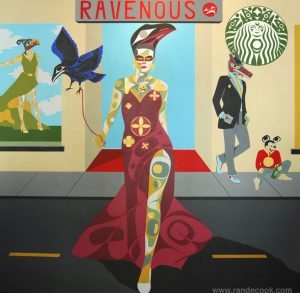 Ideafest shows how research can be beautifully communicated.
Ideafest shows how research can be beautifully communicated.
Event example: Reconciliation and resurgence: How Indigenous artists are re-imagining the story of Canada.
Painting by Kwakwaka’wakw Chief and artist, Rande Cook.
Rande Cook is UVic’s Audain Chair of Contempory Art Practice in the Pacific Northwest and is one of the speakers for the Ideafest event: Reconciliation and resurgence: How Indigenous artists are re-imagining the story of Canada.
2. Research is shift disturbing.
 Ideafest showcases research that is changing the world. It is UVic’s way of inviting you to open your mind to new ideas and raise critical questions of research everywhere.
Ideafest showcases research that is changing the world. It is UVic’s way of inviting you to open your mind to new ideas and raise critical questions of research everywhere.
Event example: Angry Populism – reflecting on current conversations surrounding topical and frightening socio-political patterns and the call for critical thinking and action.
 Some other shift disturbing events in this year’s roster include Whither Plastics – How you too can be an observer of research in your own backyard without even knowing it and Old school lessons: Indigenous ways of teaching and learning — discovering sense of place through a new lens.
Some other shift disturbing events in this year’s roster include Whither Plastics – How you too can be an observer of research in your own backyard without even knowing it and Old school lessons: Indigenous ways of teaching and learning — discovering sense of place through a new lens.
3. Good research sparks your curiosity.
 At Ideafest you’ll find topics completely outside of your field that will pique your interest.
At Ideafest you’ll find topics completely outside of your field that will pique your interest.
Event example: The rise of smart cyber physical systems and the Internet of Things are transforming the way we interact and communicate with the physical world.
This March only, the Department of Computer Science is having a showcase of some of UVic’s latest innovations, from smart gyms to autonomous flying vehicles.
Other events that might spark your curiosity include Rethinking the creative economy, Migrating People, and West coast eco-spirituality: Religion, reverence and reason in Cascadia.
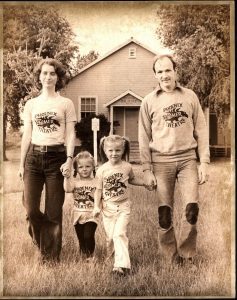 4. Research can be unpredictable.
4. Research can be unpredictable.
Ideafest showcases research from all levels of expertise including scholarly, student and community-led research.
Example: Phoenix Theatre’s ‘Human Library’: Borrow a book, discover a person.
5. Research builds community.
Ideafest carves out the spaces for professors, classmates, the Lieutenant Governor, NGO members, your next-door neighbour, your mom and your grandparents, to come together and have meaningful conversations about interesting research.
Event example: Brave spirits on new paths: The road to Indigenous economic reconciliation.
Other inspiring community building events include: Re-presenting the living landscape: The common ground community mapping fair and Ocean Network Canada’s Sound and the sea.
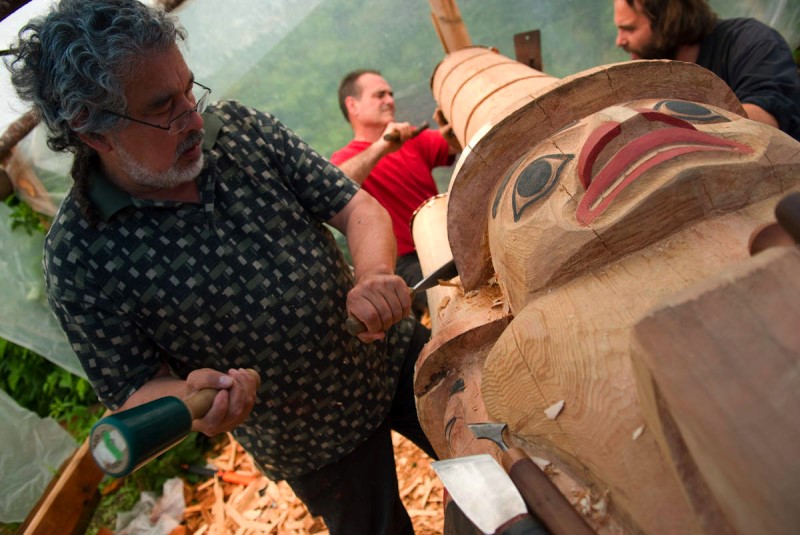
Guujaaw (artist, activist and past president of the Council of the Haida Nation) is one of the guest speakers for the Ideafest event: Brave spirits on new paths: The road to Indigenous economic reconciliation.

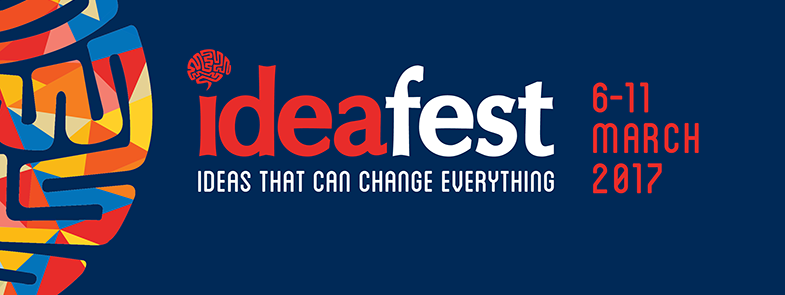
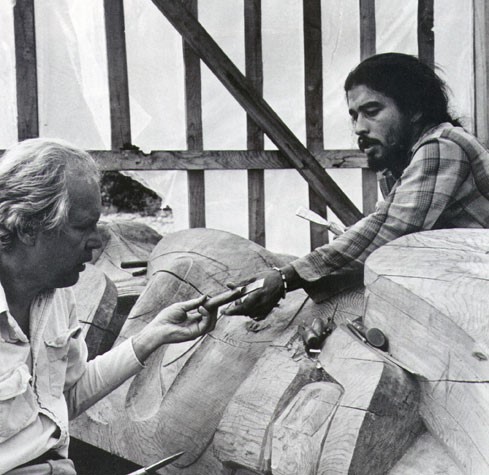
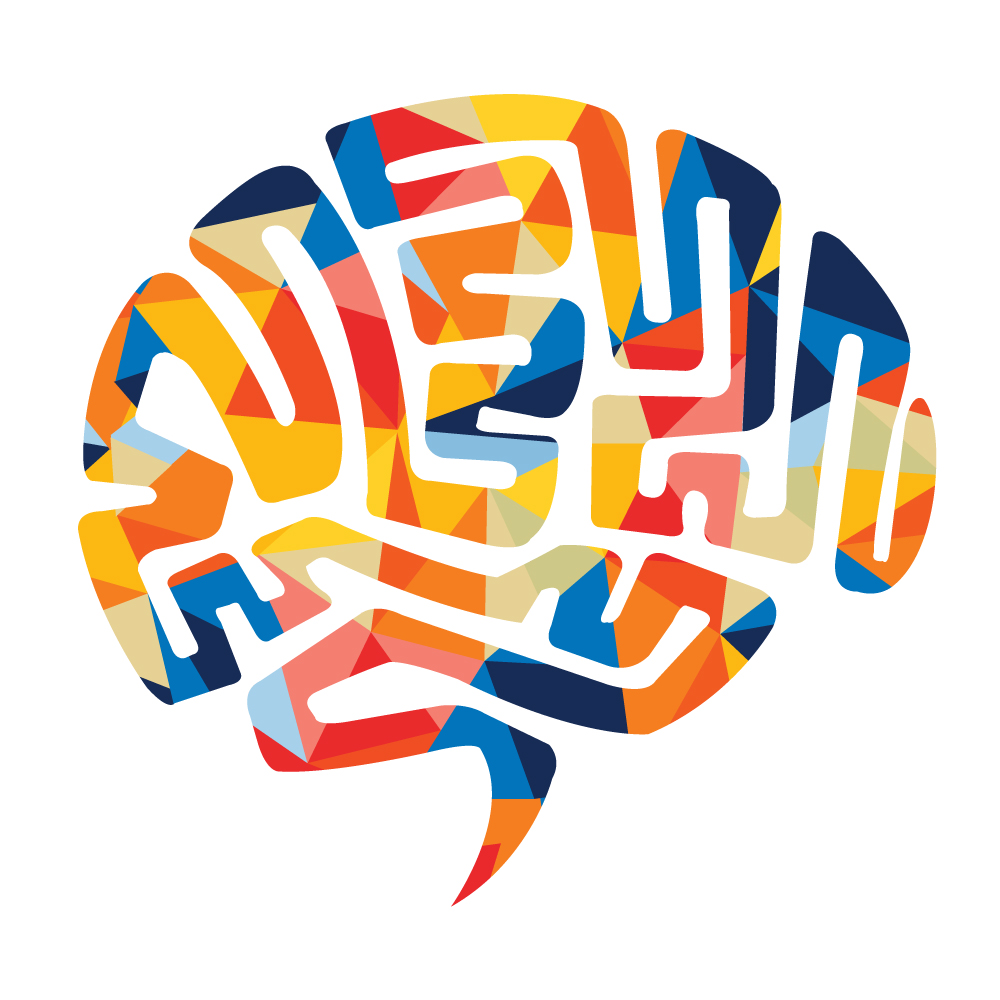
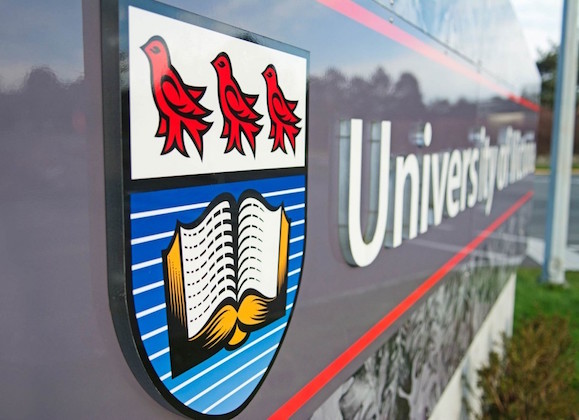
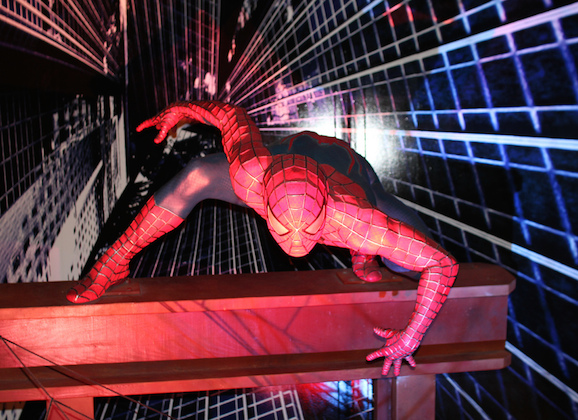
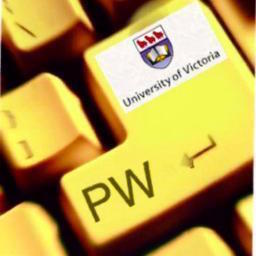
Nice work Sara! I’m stoked to check out the festivities this week 🙂